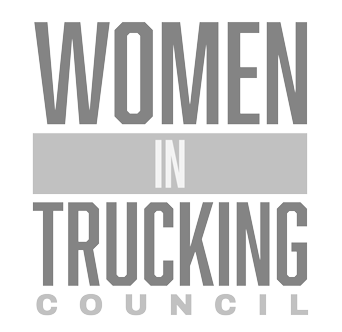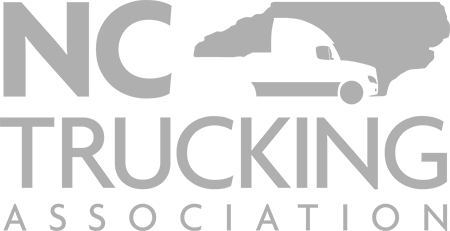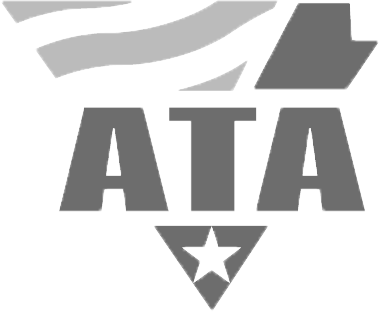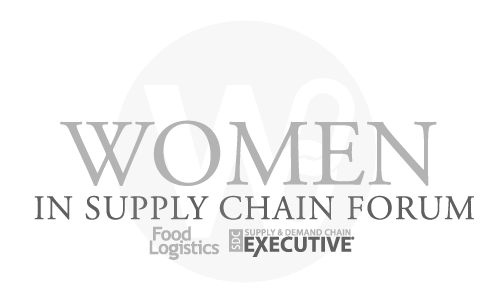Understanding the Importance of Roadchecks for Asset-Based Fleets
For asset-based motor carriers, maintaining a vigilant approach to compliance isn’t just about avoiding fines; it’s fundamental to operational excellence, safety, and reputation. International Roadcheck inspections are a critical component of ensuring commercial vehicle safety across North America. These intensive 72-hour events, conducted by the Commercial Vehicle Safety Alliance (CVSA), target specific areas of vehicle and driver compliance. For a fleet that owns its equipment and employs its drivers, like APEX Transit, these inspections serve as a rigorous evaluation of their commitment to safety and operational integrity. Proactive asset-based Roadcheck compliance strategies are therefore not optional, but essential for smooth operations and the security of freight and personnel alike. Understanding the common violations, which frequently include issues with brakes, tires, and lights, allows carriers to focus their preventative efforts effectively. You can learn more about general roadside inspections and common issues from external resources, such as this Guide to Trucking Roadside Inspections.
Proactive Maintenance Programs for Optimal Asset Readiness
The backbone of any successful asset-based Roadcheck compliance strategy lies in a robust, proactive maintenance program. An asset-based carrier like APEX Transit, with approximately 80 Volvo power units and 500 Hyundai dry-van trailers, has significant control over its fleet’s condition. Our Charlotte, NC headquarters boasts a 24-hour on-site shop, ensuring that our equipment is consistently maintained above-standard for reliability. This dedication minimizes the risk of roadside violations, which can lead to costly delays, out-of-service orders, and negatively impact CSA scores. Key aspects of our proactive maintenance include:
- Scheduled Preventative Maintenance: Adhering to strict schedules for inspections, fluid changes, and component replacements.
- Pre-Trip and Post-Trip Inspections: Empowering drivers to perform thorough checks and report any deficiencies immediately.
- Advanced Diagnostics: Utilizing cutting-edge diagnostic tools to identify potential issues before they escalate.
- Quality Parts: Using only high-quality, OEM-approved parts to ensure longevity and performance.
This commitment to superior equipment maintenance is a distinct advantage of asset-based carriers, contributing directly to higher compliance rates during roadchecks. Our approach is outlined in further detail in our discussion on the benefits of a WBE-certified asset-based trucking company.
Leveraging Technology for Enhanced Asset Compliance Monitoring
In today’s interconnected logistics landscape, technology is an indispensable tool for maintaining asset-based Roadcheck compliance. APEX Transit leverages a comprehensive telematics stack, including Samsara ELD and LoadStop TMS, along with open-API GPS links, to achieve 100% real-time visibility. This integrated system allows for continuous monitoring of vehicle performance, driver hours-of-service (HOS), and adherence to safety protocols. For example, electronic logging devices (ELDs) automate the recording of HOS, significantly reducing the chance of violations related to fatigue and driving time. Telematics also provide critical data on vehicle health, enabling predictive maintenance and ensuring issues are addressed before they become compliance hazards. Real-time data means fleet managers can identify and rectify potential problems even before a vehicle reaches an inspection point. For insights into the latest Roadcheck focuses, including areas often targeted by inspectors, refer to resources like this article on What Is CVSA’s Focus For 2025 Roadcheck Inspection Blitz?.
Driver Training and Asset Familiarity Keys to Roadside Inspection Success
While well-maintained equipment is crucial, the human element—the driver—plays an equally vital role in asset-based Roadcheck compliance. Our 86 drivers on record are not just operators; they are highly trained professionals familiar with their Volvo power units and Hyundai trailers. Comprehensive driver training at APEX Transit extends beyond basic licensing to include:
- Pre- and Post-Trip Inspection Protocols: Thorough understanding and execution of checks to identify and address issues promptly.
- Cargo Securement Best Practices: Ensuring all loads are secured properly to prevent shifts that could lead to violations.
- Hours-of-Service (HOS) Regulations: Strict adherence to HOS rules, facilitated by our ELD systems.
- Documentation Procedures: Knowing what documents are required and how to present them during an inspection.
- Professional Conduct: Maintaining a professional demeanor and clear communication with inspectors.
This level of training and familiarity with the specific assets they operate contributes significantly to successful roadside inspections and reflects our company’s deep commitment to safety, as highlighted on our About Us – Apex Values page.
Navigating Regulatory Requirements and Essential Asset Documentation
Adhering to regulatory requirements and maintaining impeccable documentation are non-negotiable aspects of asset-based Roadcheck compliance. Trucking operations are governed by a complex web of federal, state, and local regulations. For an asset-based fleet, this includes:
- Vehicle Registration and Licensing: Ensuring all power units and trailers are properly registered and licensed for the jurisdictions they operate in.
- Insurance Documentation: Carrying valid proof of insurance.
- Driver Qualification Files: Comprehensive records for each driver, including medical certifications, driving records, and training.
- Maintenance Records: Detailed logs of all vehicle inspections, repairs, and preventative maintenance activities.
- Hazardous Materials (HazMat) Compliance: If applicable, strict adherence to HazMat regulations for cargo, placards, and driver endorsements.
Having these documents readily accessible and in order can significantly streamline roadside inspections, demonstrating a commitment to compliance and expediting the process. The careful management of regulatory complexities is a key aspect of broader fleet optimization efforts, which you can read about in our article on Optimizing Your Fleet with Real-time Trucking Visibility Integrations.
Building Robust Asset-based Roadcheck Compliance Strategies
Effective asset-based Roadcheck compliance strategies are built on a foundation of continuous improvement and a culture of safety. It’s about integrating compliance into every facet of the operation, from the initial equipment specification to ongoing driver education. Here’s a summary of key components for a robust strategy:
- Invest in modern, well-maintained equipment.
- Implement rigorous preventative maintenance schedules with dedicated on-site support.
- Utilize advanced telematics and tracking for real-time compliance monitoring.
- Provide comprehensive, ongoing driver training focused on safety, HOS, and inspection readiness.
- Maintain meticulous and easily accessible documentation.
- Conduct internal audits and mock inspections to identify weaknesses.
- Stay updated on the latest regulatory changes and Roadcheck priorities.
By proactively addressing these areas, asset-based carriers can not only ensure compliance but also enhance operational efficiency and reinforce their reputation as reliable and safe logistics partners.
Future-Proofing Your Fleet through Strategic Asset Investments
For an asset-based carrier like APEX Transit, future-proofing the fleet involves strategic investments that align with evolving compliance standards and technological advancements. This includes continuing to invest in the latest-generation Volvo VNL tractors and spec’d 53′ Hyundai dry-van trailers that offer enhanced safety features and fuel efficiency. Furthermore, our commitment to hauling 30% of loads on bio-fuels by the end of 2025 demonstrates a forward-thinking approach to environmental compliance and sustainability. These strategic asset investments not only help meet current regulatory demands but also position the fleet for future challenges, such as emerging emissions standards and the integration of even more advanced safety technologies. By consistently upgrading equipment and adopting sustainable practices, APEX Transit aims to optimize its operations, contribute positively to the environment, and ensure enduring Roadcheck compliance for years to come.
Have questions? Contact us here.














